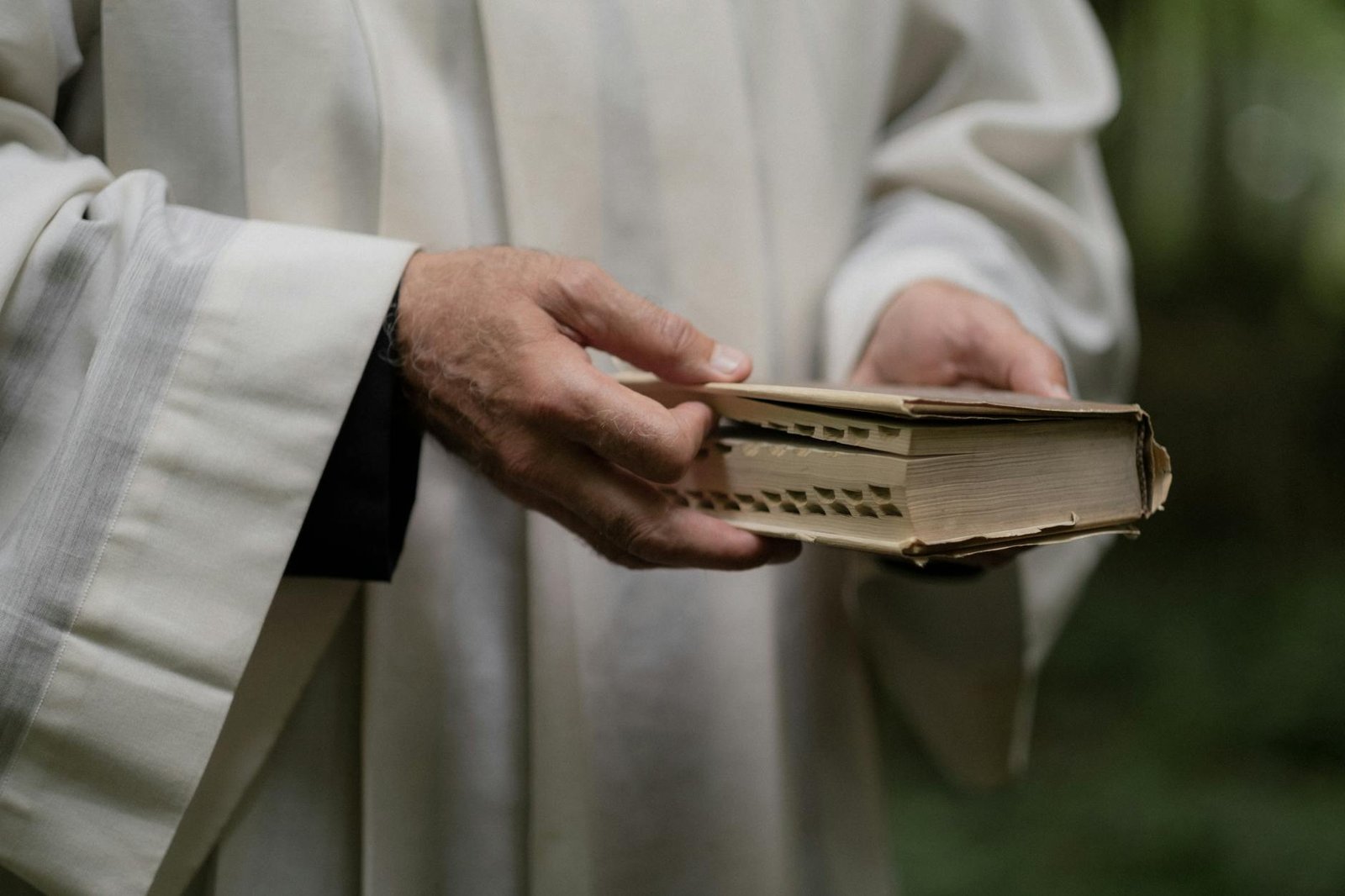
The lecture on Pastoral Care this morning at AMC 2025 by Rev. Caroline Santos is very powerful and compelling that every district encounters tough questions that move a good resolution of healings and blessings. One of the compelling question that moved me to share this article with you is: “How do you tend your wounds?”

The lecturer points out several wounds that are most likely inevitable to our church workers that needs resolution of healing and to its extent is deliverance. Here are the wounds with my personal addendums, for my reader to clearly see the picture on how it really affects.
- The Wounds of Being Deserving: The Older Son in the Parable of the Prodigal Son
The older son’s wounds stem from feelings of entitlement and the perceived injustice of his father’s forgiveness toward his younger brother (Luke 15:25-32). His pain highlights the struggle with self-righteousness and bitterness when grace is extended to others.
Tending the Wound:
Practice Gratitude: Recognize the blessings already received and avoid comparison (Philippians 4:11-13). Gratitude shifts focus from perceived injustice to the goodness of God.
Cultivate a Heart of Grace: Embrace the transformative power of grace for oneself and others, reflecting God’s generosity (Ephesians 2:8-9).
Seek Spiritual Counsel: A mentor or pastor can provide guidance and perspective on the nature of God’s kingdom as one of inclusion and grace.
- The Wounds of Ministerial Jealousy: Saul’s Jealousy of David
Saul’s jealousy over David’s success and the people’s praise (1 Samuel 18:7-9) reveals the destructive nature of envy in ministry. Ministerial jealousy often arises when comparison replaces collaboration and self-worth is tied to performance rather than calling.
Tending the Wound:
Cultivate Humility: Recognize that ministry is about God’s glory, not personal achievement (John 3:30).
Celebrate Others’ Success: Rejoice in others’ victories as part of God’s work (Romans 12:15).
Develop Self-Awareness: Identify triggers for jealousy and seek healing through prayer and reflection (Psalm 139:23-24).
- The Wounds of Betrayal and Abandonment: Israel’s Abandonment by God
Israel’s experiences of abandonment due to their idolatry and stubbornness (Judges 2:11-15) reflect the pain of feeling forsaken. However, God’s discipline is ultimately redemptive, aiming to bring His people back into covenant relationship.
Tending the Wound:
Acknowledge Brokenness: Admit the areas of personal or communal sin that may have contributed to feelings of abandonment (Isaiah 59:2).
Trust in God’s Faithfulness: Remember that God’s discipline is rooted in His love and desire to restore (Hebrews 12:6).
Lean into Community: Surround yourself with a supportive spiritual community that reminds you of God’s promises (Galatians 6:2).
- The Wounds of Losing: Naomi Losing Her Husband and Sons
Naomi’s deep grief over the loss of her husband and sons (Ruth 1:3-5) reflects the anguish of loss. Yet, through her relationship with Ruth and God’s providence, she experiences restoration.
Tending the Wound:
Allow Yourself to Grieve: Grieving is a natural process that requires time and space (Ecclesiastes 3:4).
Seek God’s Presence in Pain: Lean on God, who is close to the brokenhearted (Psalm 34:18).
Find Meaning in Suffering: Look for signs of God’s redemptive work even in loss, as Naomi did through Ruth and Boaz (Romans 8:28).
Citations:
Nouwen, Henri J.M. The Return of the Prodigal Son: A Story of Homecoming.
Keller, Timothy. The Prodigal God: Recovering the Heart of the Christian Faith.
Scazzero, Peter. The Emotionally Healthy Leader: How Transforming Your Inner Life Will Deeply Transform Your Church, Team, and the World.
Peterson, Eugene. Leap Over a Wall: Earthy Spirituality for Everyday Christians.
Brueggemann, Walter. The Prophetic Imagination.
Wright, Christopher J.H. The Mission of God’s People: A Biblical Theology of the Church’s Mission.
Lewis, C.S. A Grief Observed.
Volf, Miroslav. Exclusion and Embrace: A Theological Exploration of Identity, Otherness, and Reconciliation.








